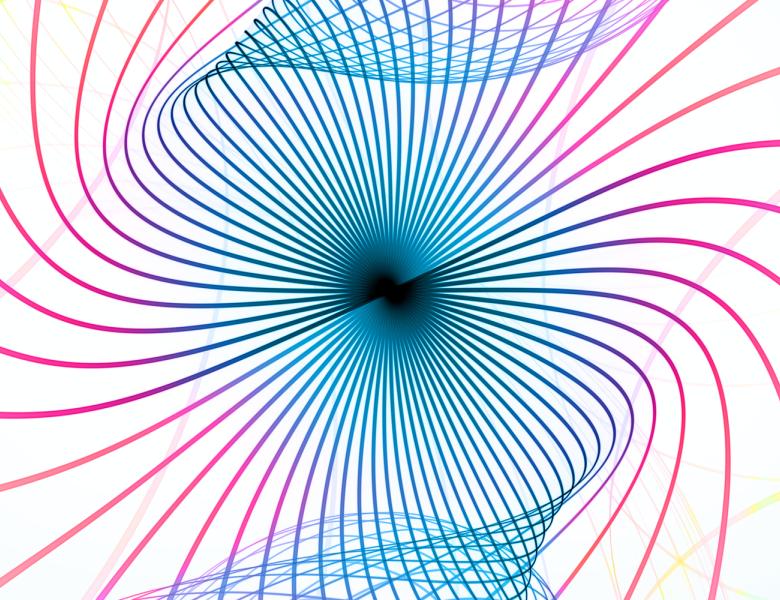
Building a large universal quantum computer requires to develop fault-tolerant strategies that can cope with nontrivial levels of noise. Standard strategies rely on suboptimal quantum error correcting codes such as concatenated codes or the surface code. In a talk from 2007, David Poulin envisioned a different strategy: exploit (good) quantum LDPC codes to achieve much better performance. At that time, the best quantum LDPC codes had poor parameters: a bad encoding rate and a not so great minimum distance. The situation has changed dramatically in the past 18 months and we now have good quantum LDPC codes. The quantum LDPC manifesto states that we should now completely rethink quantum fault-tolerance in the light of these recent code constructions.
In this talk, I will try to give an overview of this field with a focus on the very recent construction of good quantum LDPC codes.
Panel discussion: Daniel Gottesman (University of Maryland), Matt Hastings (Microsoft Research), Barbara Terhal (TU Delft), Umesh Vazirani (UC Berkeley; moderator)
All scheduled dates:
Upcoming
No Upcoming activities yet


